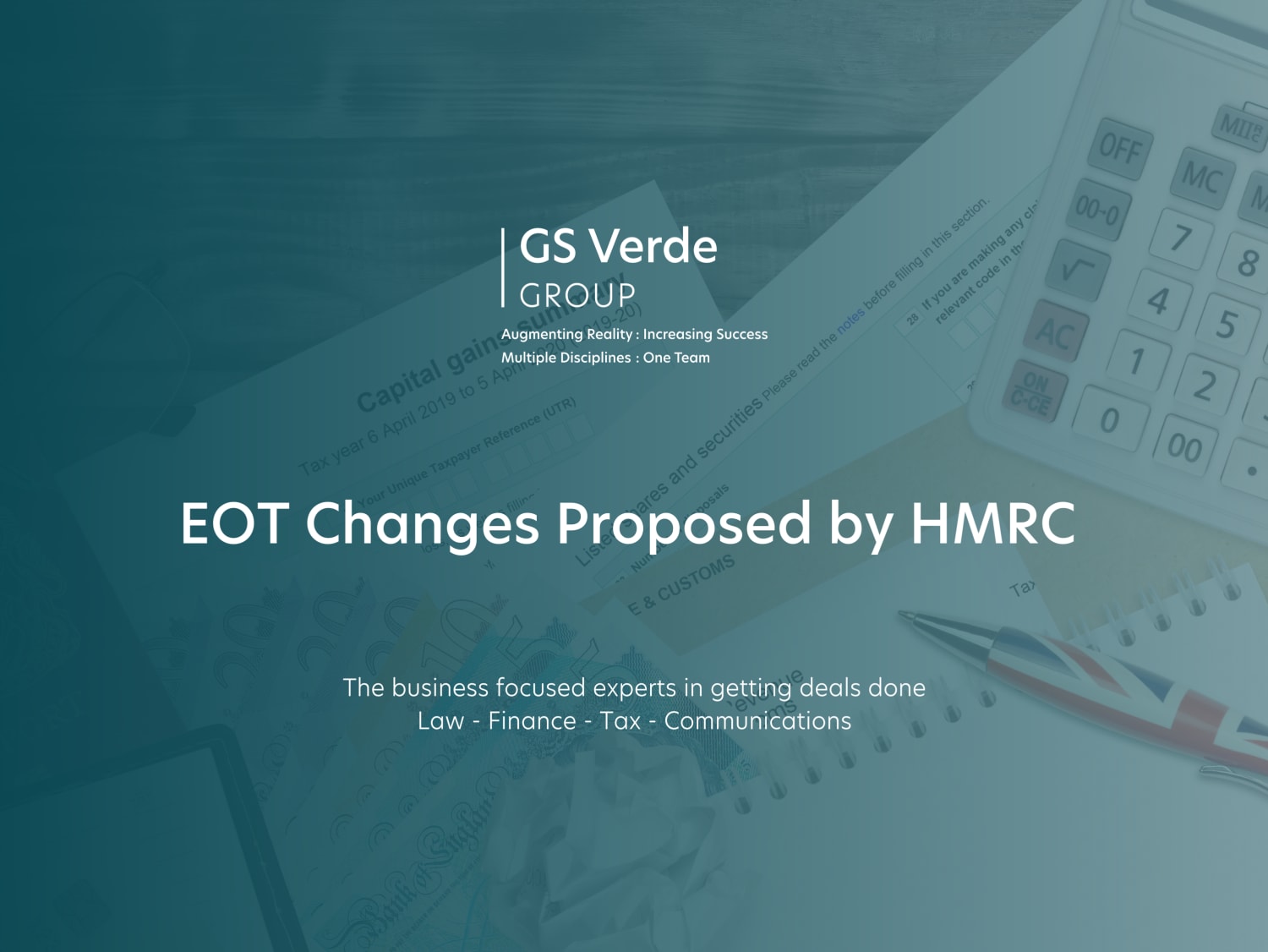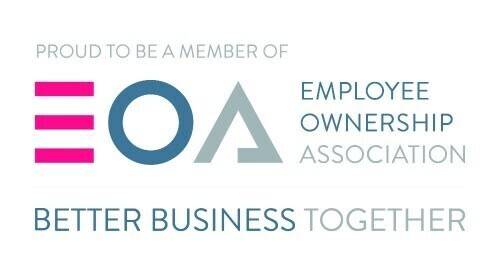Proposed Changes to EOTs by HMRC

posted 3rd August 2023
HMRC recently released a consultation document outlining their proposed changes to Employee Ownership Trusts (EOTs). These changes might lead to more limited opportunities for business owners to sell to an EOT, potentially resulting in certain situations where employees could be worse off.
To become an employee-owned organisation, an Employee Ownership Trust (EOT) is often set up, which means that employees acquire a majority stake in the business as a group. This is held on trust, with employees then becoming involved in decision-making, strategy and direction via a committee.
The current EOT tax relief regime means company owners don’t have to pay capital gains tax if they sell at least 51% of their business to an EOT, benefiting the company's employees. The proposed changes aim to focus more on promoting employee ownership rather than enabling owners to avoid capital gains tax. These changes are anticipated to take effect around 6 April 2024. Those considering selling their company to an EOT should plan to do so sooner rather than later. To take advantage of the current EOT regime, completing the sale by March 2024 is recommended, particularly for those contemplating the use of offshore trustees for the EOT.
*Key changes proposed by HMRC include:*
- HMRC is proposing amending the legislation to require that more than half of the EOT's board of trustees be individuals not connected to former owners. This change will place restrictions on former owners keeping de facto control over the company.
- HMRC proposes that the EOT cannot be made up of exclusively non-UK residents, the trust must have some UK resident trustees for sellers to qualify for Capital Gains tax reliefs.
- Many EOT transactions involve deferred payment terms from the sold company to the EOT. The proposed amendment seeks to treat these payments as non-taxable dividends as long as the price the EOT agreed to pay for the company was not more than its market value. This change addresses concerns about relying on concessional tax reliefs from HMRC which can be withdrawn at any time.
- HMRC intend to stop providing clearances in respect of S464A company contributions to EOT. Where the company makes a payment to the EOT which is not a loan or advance, it is sometimes necessary to consider the potential for the targeted anti-avoidance rule in section 464A to apply that payment. Both section 464A and the EOT rules have been in place now for almost a decade, and HMRC therefore proposes to stop providing clearances in respect of the application of section 464A to company contributions to EOTs. Provided a tax avoidance purpose is not present, section 464A will not apply.
- The government is considering amending the qualifying bonus payment rules so that tax-free bonuses can be awarded to employees without directors necessarily also having to be included. These changes would make the tax-free bonus, a key incentive for the setting up of EOTs, easier to administer, and in turn make EOTs more attractive as a whole.
Find out more about what's involved in Employee Ownership as a route to sell your business, and how EOTs work here.
The full government consultation document, published July 18th 2023, can be found here.




